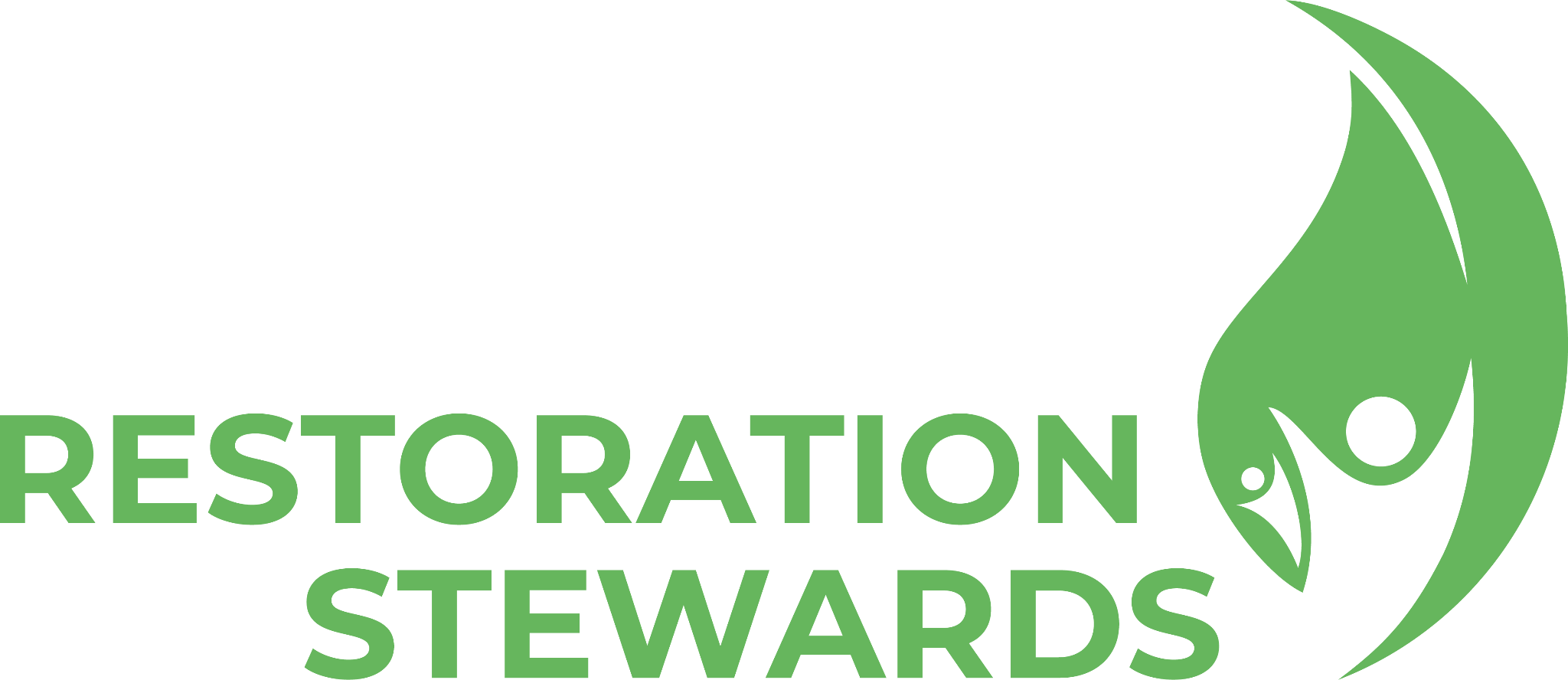Moilo Grass Seed Bank helps restore land and Maasai livelihoods
The Maasai Wilderness Conservation Trust (MWCT) is a community-based conservation organization whose goal is to preserve wilderness and natural resources by providing sustainable economic benefits to the Maasai people of Kuku Group Ranch. The ecosystem is located in the southern part of Kenya, between the Tsavo and Amboseli national parks, and is therefore very important for the free movement of wildlife from one national park to another. It also serves as a key grazing area for herbivorous animals.
However, the Kuku Group Ranch is facing a number of challenges, particularly land degradation due to overgrazing, as the Maasai people are mainly pastoralists. The MWCT is working to solve this issue through various interventions, such as grass seed banks, water bunds and tree-planting projects. The objective is not only to restore the degraded lands, but also to create economic benefits for the local community.
The Moilo Grass Seed Bank is one of the pioneering restoration sites in Kuku Group Ranch. It was established in 2016 to provide sustainable economic benefits for local women and to restore the endemic grass species that had been lost, including Eragrotis superba and Cenchrus ciliaris. The project is a success story that has inspired other members of the community to establish their own seed banks.
With the support of the GLF funds, the Moilo Grass Seed Bank’s fence will be replaced with a chain-link structure and treated posts to prevent livestock intrusions. The fencing materials have already been procured and delivered. The installation was supposed to take place at the beginning of March, but due to the COVID-19 restrictions in Kenya at present, it has become difficult to hire casual laborers to carry out the job.
Nevertheless, the women’s group is keen to start the rehabilitation process soon. Once the fence has been installed, it will help to improve the yields of the grass seeds and the hay, as the plot will be better protected. Additionally, the GLF support is expected to help the women’s group start an indigenous tree nursery and to embrace beekeeping in the coming months by purchasing 15 beehives. The beekeeping venture aims to mitigate conflicts with elephants (as they are scared of bees), to enhance pollination and to increase incomes through the sale of honey.



